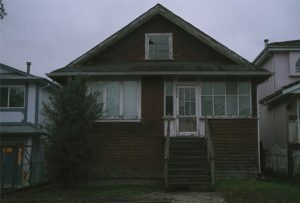Dubai is a top property investment destination. The city’s real estate market is lively and stable, making it a good choice for people looking to purchase a home. To assist you in making an informed decision, the Sire Finance team has extensively researched this market. This article will discuss purchasing property in Dubai in great detail.
Explore Dubai: A Window into its Booming Economy And Business Landscape
The city of Dubai is a fascinating cultural mélange. Dubai is a global and regional metropolis known for its first-rate infrastructure, masterful urban planning, and stellar transportation links. Year after year, the vibrant and quickly expanding economy offers excellent investment opportunities.
Dubai had the most real estate deals in 12 years in 2021, and the market is still growing, with more high-end properties coming. Dubai’s property prices are highly competitive compared to significant international hubs such as London, Singapore, Paris, Hong Kong, and New York.
Financial experts predict strong economic growth for the United Arab Emirates in 2024, which bodes well for Dubai. We anticipate steady and continuous increases in property prices in Dubai in the coming years. We expect the city’s real estate market to remain a top destination for investors worldwide.
Cultural Diversity and High Standard of Living

The modern metropolis of Dubai provides all the amenities one could desire. Whether you’re looking to invest in real estate or just want to buy a home for yourself, Dubai has it all: towering skyscrapers, ultramodern shopping malls, entertainment districts, and an unprecedented level of security.
Dubai real estate is more than just a financial investment; it’s an investment in an elevated lifestyle standard. The benefits of owning property here include:
- Indulge in a luxurious lifestyle with world-class amenities, breathtaking vistas, and a vibrant social scene.
- Maximize your profits and enjoy a tax-free lifestyle with tax-free advantages.
- Dubai is renowned for its exceptional safety and security, which provides families and individuals with a sense of peace.
- Enjoy a cosmopolitan lifestyle that offers various cultural experiences, entertainment options, and easy access to beaches and exciting events.
Property Ownership Regulations for Foreign Investors
Comprehending the legal and regulatory framework governing city property ownership is imperative. To safeguard the rights of property purchasers and guarantee transparency in the real estate market, Dubai has implemented a robust system, including:
Ownership Framework (Freehold and. Leasehold):
- Freehold – many Dubai freehold zones have been designed for foreign investors. Famous developments include the Palm Jumeirah, Dubai Marina, Downtown Dubai, and Emirates Hills. Each freehold zone offers a unique lifestyle, amenities, and potential for investment for various individuals and budgets. Buyers can compare freehold zones to find one that suits their investment goals and lifestyle.
- Leasehold – Dubai law No. 33 of 2008 defines and governs leasehold arrangements for the benefit of foreign investors. Investors are granted transient usage rights for a specified period, typically from 99 to 999 years. Discovery Gardens and Dubai Marina are among the specific zones in which these properties are available.
Titles and Registration:
Title deeds are issued by the Dubai Land Department, which ensures a secure and transparent process of property ownership. Legal protections like Dubai law No. 7 or 2006 make due diligence easier. These laws guarantee accuracy and transparency in real estate transactions. The registration fees amount to 4% of the purchase price. The investor will be listed as the owner on title deeds.
Average Home Prices in Dubai

Property owners and investors in Dubai can take advantage of a golden chance as the city’s real estate market reaches new heights. Knight Frank, a property consultant, reported that as of 2024, the average house price in Dubai was AED 3.3 million (about USD 900,000).
In its Q1 2024 UAE Real Estate Market Overview report, JLL MENA reported that sale prices and rentals in Dubai experienced around 21% annual increases.
According to Al Arabiya News, property prices in the emirate are expected to increase by five to seven percent annually in 2024 and 2025 despite economic fluctuations worldwide. This increase is primarily because demand has surpassed the available supply.
Dubai’s districts suit diverse lifestyles and budgets.
The most expensive areas of the city to purchase real estate are typically Palm Jumeirah and Downtown Dubai. Large mansions and landed property are associated with the former, while expensive condos and penthouses are prevalent in the latter.
Here’s a list of the average prices per district:
1. Downtown Dubai
Penthouses and full-floor units command AED 50-100 million prices, while luxury apartments in Downtown Dubai begin at approximately AED 2 million. Compared to more affordable districts, the downtown area provides investors with robust rental demand, but the yields are lower.
2. Palm Jumeirah
Palm Jumeirah, Dubai’s renowned man-made island in the shape of a palm tree, often gets referred to as the “eighth wonder of the world.”
Palm’s property portfolio includes studios and custom-built signature villas. An entry-level apartment typically costs around AED 1 million, while garden homes and signature villas can easily cost AED 10-100 million. Due to its global profile and unique attributes, Palm’s values are typically 20-50% higher than comparable properties in other regions.
3. Dubai Marina
With a mix of old and modern structures, the majority of the properties in Dubai Marina are high-rise apartments. The facilities of the newer buildings are generally more extensive, including lap pools and children’s play areas. Homes with views of the marina are in high demand.
In Dubai Marina, the average price of a two-bedroom unit is between AED 1.5 and 3 million, with older studios starting at approximately AED 600,000. The price of penthouses and larger family apartments can range from 10 to 20 million AED. Gross rental rates might range from 6-8%, but investors must account for service charges and cooling costs.
4. Dubai Hills Estate
Dubai Hills’ diverse sub-districts comprise a variety of villas, townhouses, and apartments. The neighborhood has a suburban vibe while remaining within 15 minutes of Downtown Dubai and the airport. Parks, playgrounds, sports facilities, and bicycle trails are accessible to residents.
Prices for townhouses in Dubai Hills begin at about 1.5 million AED, while villas typically range from 3 to 10 million AED. Mansions at the top end can cost between AED 50 and AED 100 million.
Dubai Hills allows investors to take advantage of pre-construction prices as a new community. However, rental demand and yields aren’t examined since the area continues to develop.
Dubai Rental Yields
Among the most important considerations when investing in Dubai real estate is the rental yield, or the annual return on investment from rental income.
That said, there is no foolproof formula for maximizing rental income; rather, it is contingent upon a myriad of variables. But the golden rule for high rental yield in Duba is location, location, location.
Dubai’s real estate market provides various options, including prominent commercial space, sprawling villas, and chic apartments. Now, let’s delve into some of the key areas that offer excellent rental returns:
Downtown Dubai

Thanks to its famous buildings like the Burj Khalifa and Dubai Mall, downtown Dubai is still one of the most sought-after places. Investors love this location because of its consistent capital growth and strong rental yields.
- Average Price/Sqft: AED 2,707
- Approximate Annual Rental Yield: 5.5%
Palm Jumeirah
The luxurious living environment and exclusive waterfront properties of Palm Jumeirah continue to attract high-end investors despite a minor decrease in capital appreciation.
- Average Price/Sqft: AED 2,827
- Approximate Annual Rental Yield: 5.9%
Dubai Marina
Dubai Marina is a highly sought-after waterfront gem with exceptional amenities and a cosmopolitan vibe. As far as real estate investment districts go, it’s up there with the best of them. This location is optimal for holiday homes or short-term rentals, which tend to have high occupancy rates during peak seasons.
- Average Price/Sqft: AED 2,370
- Approximate Annual Rental Yield: 7.5% – 9.5%
Business Bay
Business Bay blends residential and commercial properties in a prime location near Downtown Dubai. Investors and residents alike are drawn to the area due to its high rental yield and substantial capital appreciation.
- Average Price/Sqft: AED 2,210
- Approximate Annual Rental Yield: 7.5% – 9.5%
Jumeirah Village Circle (JVC)
JVC is renowned for its affordability and high rental rates, making it a popular option for both investors and families. With continuous infrastructure improvement and the proliferation of amenities, JVC’s rental potential will only continue to rise.
- Average Price/Sqft: AED 1,263
- Approximate Annual Rental Yield: 6.7% – 8.7%
Please be advised that these figures are estimates and may fluctuate based on the type of property, location, and source. It’s also important to keep up with the most recent changes in the Dubai real estate market since rental yields are bound to fluctuate depending on the current state of the market.
Always do your homework and speak with professionals, such as our team in Sire Finance, before deciding to invest in Dubai’s real estate market.
Benefits of Investing in Dubai’s Real Estate:

This city is an appealing investment destination due to its strategic combination of economic opportunities, innovation, and luxury. Here are the main reasons to invest in Dubai real estate.
Opportunity for Golden Visa
One of the alluring aspects of purchasing real estate in Dubai is the ease with which one can obtain a resident visa. Real estate investors can apply for three residency visa categories, each subject to specific terms and conditions.
- Property Investor Visa (3 years). If you invest AED 0.75 million in real estate, you can apply for a three-year (renewable) resident visa in Dubai. The only requirements are that the property is in an off-plan zone and free of mortgages.
- Golden Visa or Property Investor Visa (5 years). Investing in a property with a gross value of at least AED 5 million may also qualify you for a long-term visa that is applicable for a period of five years. You have to keep the money you invest for at least three years, and it cannot be loaned from someone.
- Golden Visa or Long-Term Residency Visa (10 years). You will be eligible for a 10-year residency visa (renewable) if you invest in Dubai property valued at more than AED 5 million. Again, this investment must not be lent and must be retained for a minimum of three years. Additionally, the investor must demonstrate financial solvency of AED 10 million.
A Thriving Economy with an Investor-Friendly Environment
As a result of its successful diversification strategy, Dubai’s economy has grown, and the city is now a major center for international trade and finance. Dubai is in a great spot between Europe, Asia, and Africa. It also has modern infrastructure and world-class amenities, and it is tax-free.
These factors have led many international companies and entrepreneurs to set up shop there. This has not only stimulated the city’s economic expansion but also established a fiercely competitive business environment. Dubai provides a secure and investor-friendly environment for real estate investments.
Freehold Property Ownership
The availability of freehold areas is one of the significant advantages of investing in Dubai’s real estate market. Freehold ownership in Dubai enables non-UAE nationals to own properties and communities outright, granting them ownership rights and the ability to lease, sell, or occupy the property without any restrictions.
This policy has become a magnet for investors from all over the world, providing them with a distinctive opportunity to acquire a portion of Dubai’s real estate.
Safety And Stability
Dubai’s allure as an investment location is built upon the bedrock of safety and stability. Recognized as one of the safest cities in the world, Dubai guarantees the safety of its citizens and attracts businesses and investors with its low crime rate and strong security presence.
Beyond the norm, this dedication to safety creates a setting where people and businesses can grow with peace of mind, knowing that Dubai places the utmost importance on keeping the city safe.
High Return on Investment (ROI):
The return on investment for a property in Dubai is significantly higher than that of some of the most renowned business centers in the world, such as London, New York, and Hong Kong. Depending on location, you might expect a rental yield of 6-10%.
This annual rate of return is also higher than that of all other emirates in the UAE. Due to their rising property values, property investors are eyeing Downtown Dubai, Dubai Marina, and Jumeirah Village Circle.
Accessible Financing Options
Investors in Dubai real estate can take advantage of competitive financing alternatives offered by the city’s banks. Investors can increase their profits by taking advantage of mortgages’ low rates and flexible terms. Access to financing facilitates the entry of local and international investors into the market, increasing the pool of potential property buyers and driving demand.
The Dubai government’s Mortgage Law increases transparency and consumer protection, instilling confidence in individuals seeking financing for property ventures. Investors have a range of financing options, such as fixed-rate and adjustable-rate mortgages, which can help them achieve their financial objectives and strategies.
The flexibility given by financial institutions helps a dynamic real estate market, allowing investors to move quickly and capitalize on developing opportunities.
Potential Downside When Investing in a Property in Dubai
But before we end the discussion on why you might want to invest in a property in Dubai, there are some things you should know about the risks that come with doing so.
Market Volatility
Global economic downturns or unpredictability in an area can lower property values. Despite the recent extraordinary expansion, Dubai’s real estate market is susceptible to economic changes. However, it is critical to address this potential risk in a constructive way.
Dubai’s government has demonstrated its resilience by effectively managing economic challenges and instituting market stabilization measures. Investors must be patient and see the big picture; property values generally recover from short-term dips.
Regulatory and Legal Considerations

When dealing in any real estate market, particularly Dubai’s, it’s important to know how legal regulations work. The emirate has done a lot to improve the legal protections for investors, but buyers should still be aware of the disputes or legal issues that might arise.
Consequently, investors can work with experienced legal professionals or expert mortgage brokers, such as our team in Sire Finance, to ensure a smooth real estate transaction and avoid common pitfalls. Investors can mitigate risks and guarantee a secure and seamless investment process.
Purchase Price and Additional Fees
The initial costs of acquiring and owning real estate in Dubai are substantial for a foreign expatriate. The Dubai Land Department imposes a 4% fee on the transfer of ownership, which is especially surprising to buyers who desire to own an upscale property in the center of the emirate.
In addition to the costs of the sales agreement, the buyer is responsible for the expenses of real estate agents and lawyers, as well as other expenses.
Currency Fluctuations
Due to its peg to the US dollar, the UAE Dirham (AED) is susceptible to variations in the value of international investors’ purchasing power, affecting their capacity to invest in Dubai’s real estate market. Investors ought to be aware of these currency risks and ready to adjust how they manage their investments.
Potential for Oversupply
Occasionally, oversupply poses problems for Dubai’s ever-changing real estate market. Rapid construction activity and ambitious development plans can result in an excess inventory of properties in certain areas or market segments. Since property owners are competing more fiercely, this oversupply may have an effect on rental yields and property values.
Investors must meticulously assess the supply-demand balance in the desired location, the potential impact of oversupply on rental income and property appreciation, and the market conditions. Due diligence and market research can help investors find areas with balanced demand and supply dynamics, reducing oversupply risk.
5 Tips Before Investing in Dubai’s Real Estate Market
Despite some potential risks, Dubai’s real estate market is a beacon for investors globally. So, if you’re thinking about making an investment in the exciting world of Dubai real estate, here are five tips to get you started.
1. Understanding Market Trends
Make sure you have a thorough understanding of the market dynamics in Dubai before investing in real estate. Another important step is to research the property you want to buy thoroughly. Review the documentation, inspect the property, and confirm its legal status and ownership.
2. Consider Your Finances
A well-thought-out financial strategy is essential for the success of any real estate venture in Dubai. Your investment plan should include your budget, projected returns, and emergency funds if you have to pay for something unexpected. When investing, it’s important to have a well-structured financial plan to keep you on target and help you deal with any surprises.
3. Risk Management Is Vital
In Dubai, investors face different risks when using short-term and long-term real estate investment strategies. Assessment of risk tolerance and development of comprehensive solutions to manage market changes and tenant vacancies are essential. Taking an active role in managing risks is important to protect your finances and increase the chances of reaching your financial goals.
4. Familiarize Dubai’s Legal Framework and Regulations
Dubai’s rigorous real estate market restrictions may affect your investment decisions. Keep up-to-date with property ownership, rental, and taxation legislation to avoid legal complications.
5. Consultation is Key

Newcomers may find it challenging to navigate Dubai’s real estate market. To be successful in Dubai’s fast-paced real estate market, you need to get professional help, like what our team at Sire Finance can do. With our unrivaled market, property, and development insights, you can make informed decisions that meet your goals.
Sire Finance offers exclusive options and off-market listings through our regional networks. Investors looking to succeed in Dubai’s real estate market need our tailored investment strategies, simplified procedures, and legal expertise.
The Bottom Line: Is Investing in Dubai Real Estate a Good Idea?
In conclusion, the real estate market in Dubai offers a wide variety of opportunities to individuals who are thinking about buying property in one of the most active cities in the world.
Sire Finance’s expertise and insights will help you through every phase of your investment journey, ensuring that you make informed decisions and achieve your financial goals in Dubai’s flourishing real estate sector. Don’t hesitate to get in touch with us and start your investment journey.




